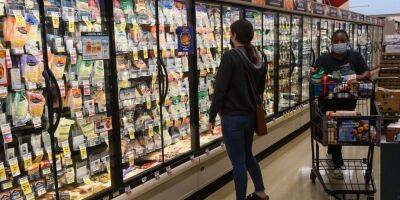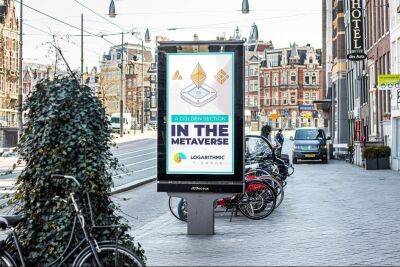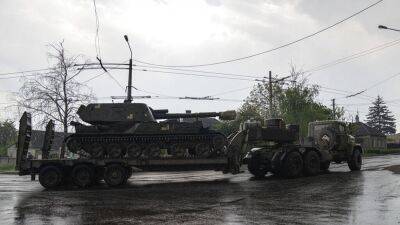G7 to discuss action to break Russian blockade of Ukraine grain exports
Urgent measures to break the Russian blockade of grain exports from Ukraine’s ports, including by trying to open routes through Romanian and Baltic ports, will be discussed by G7 foreign and agriculture ministers at meetings in Germany.
The grain exports blockade is fast becoming one of the most urgent diplomatic and humanitarian crises in Ukraine. On Tuesday, the US president, Joe Biden, said the US was working on solutions “to get this food out into the world so that it could help bring down prices.”
G7 foreign ministers are meeting in the Baltic Sea resort of Weissenhaus north-east of Hamburg, and the agriculture ministers in Stuttgart.
Cem Özdemir, the German agriculture minister and a Green party member, has for months been looking with the EU at alternative train routes through Poland and Belarus to Baltic ports, but the different train gauges between Ukraine and Poland, a pre-existing backlog of traffic and the shortage of suitable rail wagons all count against this option.
By one Ukrainian estimate, only 20% of the exports Ukraine normally sent through the Black Sea ports by ship could ever be transported by rail to the Baltic ports. The cost of road transport has risen five-fold in the past year.
Before the war, most of the food produced by Ukraine – enough to feed 400 million people – was exported through the country’s seven Black Sea ports. In the eight months before the conflict began, close to 51 million metric tonnes of grain passed through them, according to the UN World Food Programme. The trade was worth $47bn (£38bn) a year to Ukraine.
The Ukrainian minister of agricultural policy and food, Mykola Solsky, has studied options ranging from Gdansk or further east to the port in Klaipėda in Lithuania and three
Read more on theguardian.com

















